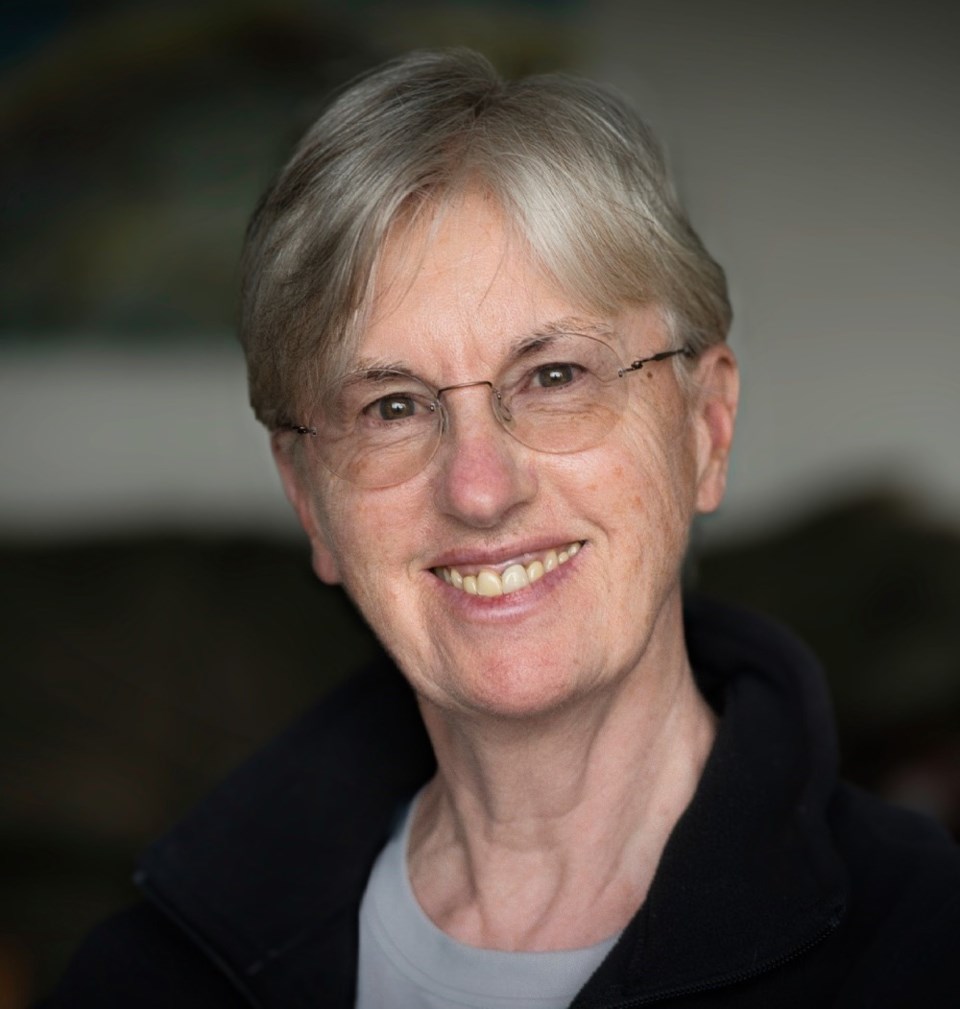Spirituality is hardwired into the human experience. Religion is communally organized spirituality. From that perspective, it seems clear that religion is here to stay, although the forms it takes will evolve and change over time.
This is the difficulty with religion: it needs to be endlessly nurtured and renewed. Each generation requires grounding in compassion, courage, trustworthiness, generosity and all the other virtues valued by cultures from time immemorial. Absent constant tending of that garden, ego and ignorance begin to choke peaceful, cooperative human relations.
Five years after the 9/11 attack caused Islamophobia to explode, I became involved in the creation of the Victoria Multifaith Society. The sentiment on the street was “What good is religion when it spreads war and violence?” It was hard to argue. Even Abdu’l-Bahá, a central figure in my own faith, had said, “If religion becomes the source of hatred… it’s better to be without it.”
On the other hand, Abdu’l-Bahá and his father Bahá’u’lláh, the founder of the Bahá’í Faith, had both promoted religion as a source of moral development, a potentially healing force capable of unifying humankind as one family. “These principles and laws,” said Bahá’u’lláh, “these firmly-established and mighty systems, have proceeded from one Source, and are rays of one Light.”
The hard truth is that religion is capable of being both healing and toxic. Like many things, it’s not as simple as we’d like it to be, labelled clearly, to be taken as directed. Even a pure and noble source of good can, depending on time and circumstance, descend to the profoundest depths. What human endeavour has ever been immune to corruption?
Anti-religious sentiment has no doubt always been present as an understandable reaction to wrongdoing within religious establishments. Disagreements between religion and science hasn’t helped. No matter that these are complementary systems, dealing with respectively with spiritual and material reality.
Both are needed, but the importance of foundational values is hard to overstate. At the heart of our legal and social systems is the belief that human beings are equally and inherently worthy of dignity and respect. A large number of people of different persuasions the world over have gradually come to agree on this understanding.
There is enormous safety in that belief, but its hold isn’t complete and we’re easily swayed to abandon it. In difficult times especially, public opinion can become disconnected from moral values. There is little protection then against ill-conceived ideologies, including several during the last century that led to the deaths of millions of innocent people.
But as memorable as those ideologies may be, the solution is never so simple as vanquishing the culprits by military force so that the world can live happily ever after. The supply of wrongdoers is endless, and that game ultimately unwinnable.
Instead, progress requires that every generation engage in the long and difficult work of raising the next, encouraging a reliance on principle. Only that will allow children from an early age to think for themselves and lead truly ethical lives.
There is also nothing easy in maintaining a healthy spirituality in ourselves or our communities. Corruption and animosity happen in a million different ways. But, like healthy bodies and well-functioning families, healthy systems resemble each other in their underlying patterns. When those patterns are cultivated and repeated, it creates inter-generational health and well-being. (It’s easy to recognize. Just look for joy.)
Each of us can play a part. In addition to sharing with children ancestral knowledge of their own culture on how to lead good lives, they should know what other cultures have enshrined as sacred and wise. Eventually they will need to work out for themselves what healthy lives look like, and how a healthy society functions.
Following such a path would give future generations not only safety, but the peace and beauty of humanity’s spiritual heritage. Genuinely humanitarian teachings resonate with truth as if our hearts were vibrating to something already known and loved, even when hearing them for the first time.
If you’re curious about the spiritual and moral teachings that different religions hold in common, one small place to start would be the Resources page of the Victoria Multifaith Society. The Bahá’í community can also be of assistance.
Sheila Flood is the E.D. of the Victoria Multifaith Society and member of the Bahá’í community.



